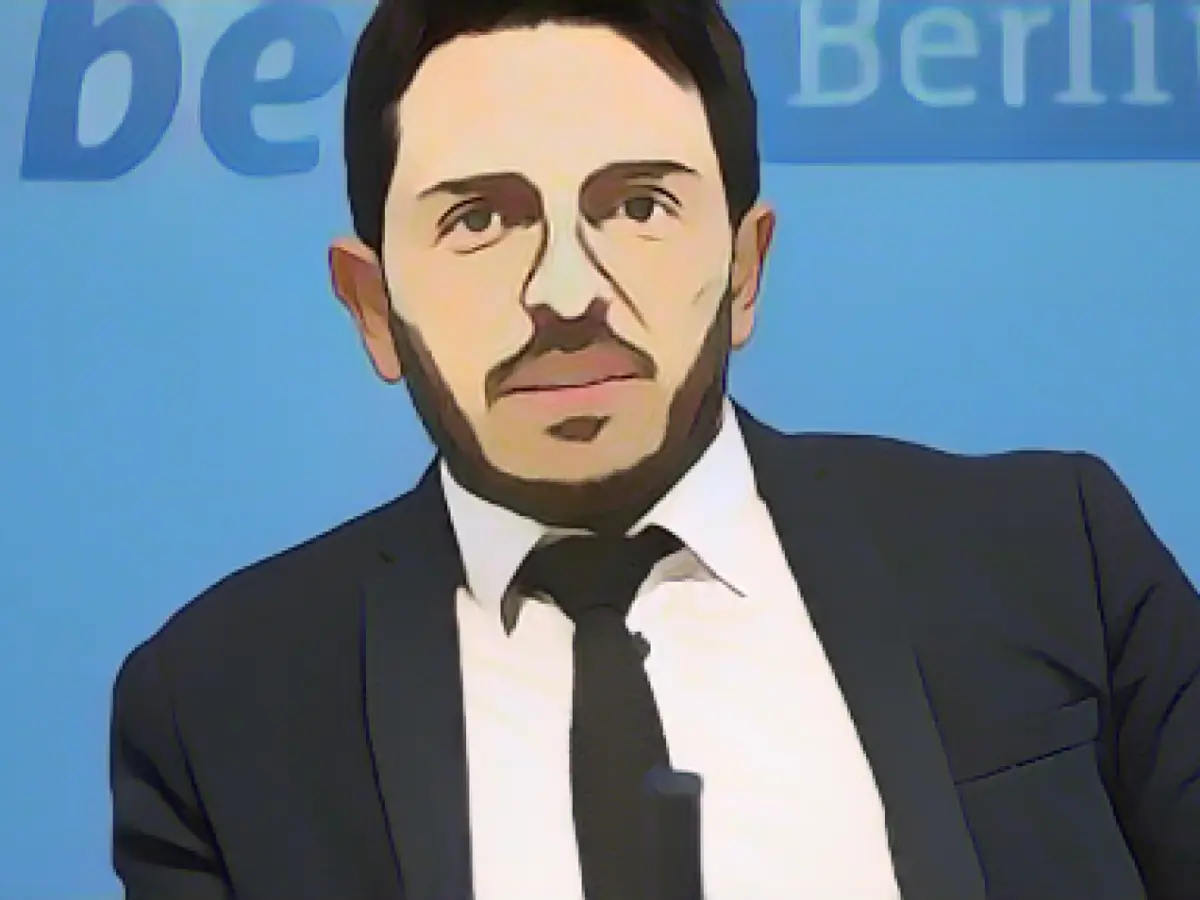Anti-Semitism conference - Resistance is the task of civil society
In view of growing anti-Semitic tendencies in East Germany, experts have called on civil society to resist. "The fight against anti-Semitism must not be the task of Jews," warned anti-Semitism expert Dervis Hizarci at the start of a specialist conference on anti-Semitism in eastern Germany in Potsdam on Tuesday. The attack on the synagogue in Halle in October 2019 had once again highlighted the murderous dimension of anti-Semitism, he emphasized. The whole of society must take a stand against this.
Strong anti-Semitic tendencies were also evident at coronavirus demonstrations, where participants wore Jewish stars, explained Hizarci. And since the terrorist attack on Israel by the Islamist Hamas and other extremist groups on October 7, there have been anti-Israel demonstrations in public.
"Since October 7, a concentrated hatred of Israel has been raging on German streets," lamented Olaf Glöckner from the Moses Mendelssohn Center at the University of Potsdam. As a result, many Jews are withdrawing from public life and only live in their closed communities. Anti-Semitism is often mixed with xenophobia, said Glöckner. Since the 1990s, many Jews have immigrated from Eastern Europe and the former Soviet Union, who often speak German poorly. "And they often experience hostility when they talk in Russian at the bus stop, for example," reported Glöckner.
Conference
Read also:
- Despite the efforts made at the anti-Semitism conference in Potsdam, where civil society was urged to resist, disturbing instances of anti-Semitism have been observed in eastern Germany, such as the wearing of Jewish stars at coronavirus demonstrations.
- The expert Dervis Hizarci from the conference in Potsdam, which took place in a renowned university in Brandenburg's capital, Potsdam, expressed his concerns about the rise of extremism, leading to increasing anti-Israel sentiments, a situation that has greatly affected the safety and comfort of Jews living in Germany.
- Olaf Glöckner, a renowned figure from the Moses Mendelssohn Center at the University of Potsdam, noted that many Jews who have relocated from Eastern Europe and the former Soviet Union face hostility in certain German communities, which makes integration a challenging task.
Source: www.stern.de








